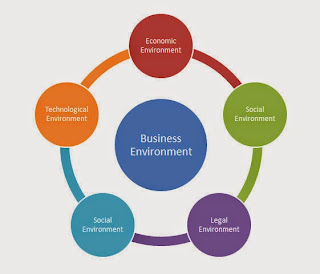Directing
V Short Q & A
Q1: Define directing.
Answer: Directing refers to the process of instructing, guiding, counselling, motivating and leading people in the organisation to achieve its objectives.
Q2: List any two essential elements of Direction.
Answer:
1. Supervision
2. Communication
3. Leadership
4. Motivation
Q3: What does Unity of Direction signify?
Answer: Unity of direction signifies the existence of only one head and one plan for a group of activities which have the same objective. It results from a sound organisation structure.
Q4: Every manager from the top executive to superior performs the function of directing. Which characteristic of directing is referred to here?
Answer: It refers that directing takes place every level of management.
Q5: It takes place throughout the life of the organization irrespective of people occupying managerial positions. Mention the characteristic of directing high lighted here
Answer: Directing is pervasive and it is a continuing process.
Q6: List any three factors of effective supervision.
Answer:
1. Skills and abilities
2. Leadership position
3. Nature of supervision
4. Group cohesiveness
Q7: "To oversee the subordinates at work" Which element of directing is referred to?
Answer: Supervision
Q8: Is directing is a pervasive function of management?
Answer: Yes, as every manager from the top executive to subordinates performs it.
Q9: Which element of directing help in inspiring subordinates to give their best to the organization?






